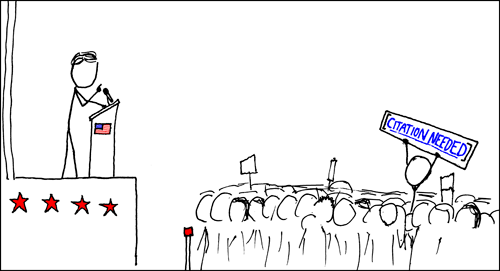Hmm, interesting. Somewhat compelling, but:
- it’s a rather small (n=38) Chinese pilot study
- the effect on the sleep latency is sizable (a latency decrease from 31±14 to 18±12 minutes, effect size of 0.85), but there’s no effect on actual sleep duration.
- the sleep measurements were subjective (sleep diaries, not actigraphy)
I’m also a bit concerned why it’s the only study with this methodology in this later meta-analysis - all of the other “behavioral intervention” studies in it experiment with stuff like “extended time-in-bed”. In other words, there seems to not have been any followup or replication of this study.



Oh, that’s really cool. I hope there’s more linkage between the twitter-like and reddit-like islands of the fediverse in the future; I’m somewhat interested in reading the former but it seems to be complicated to actually get federation with it.